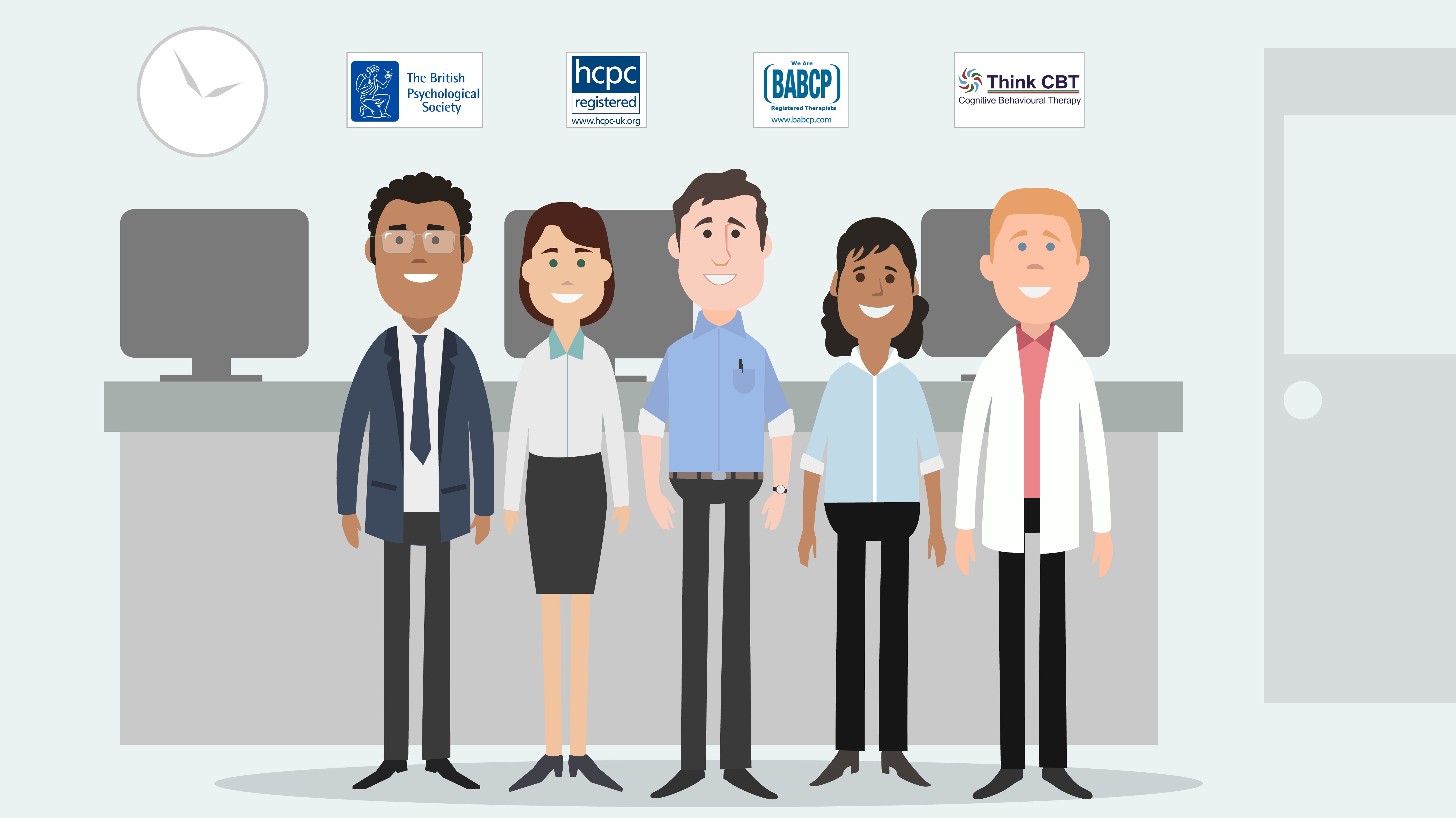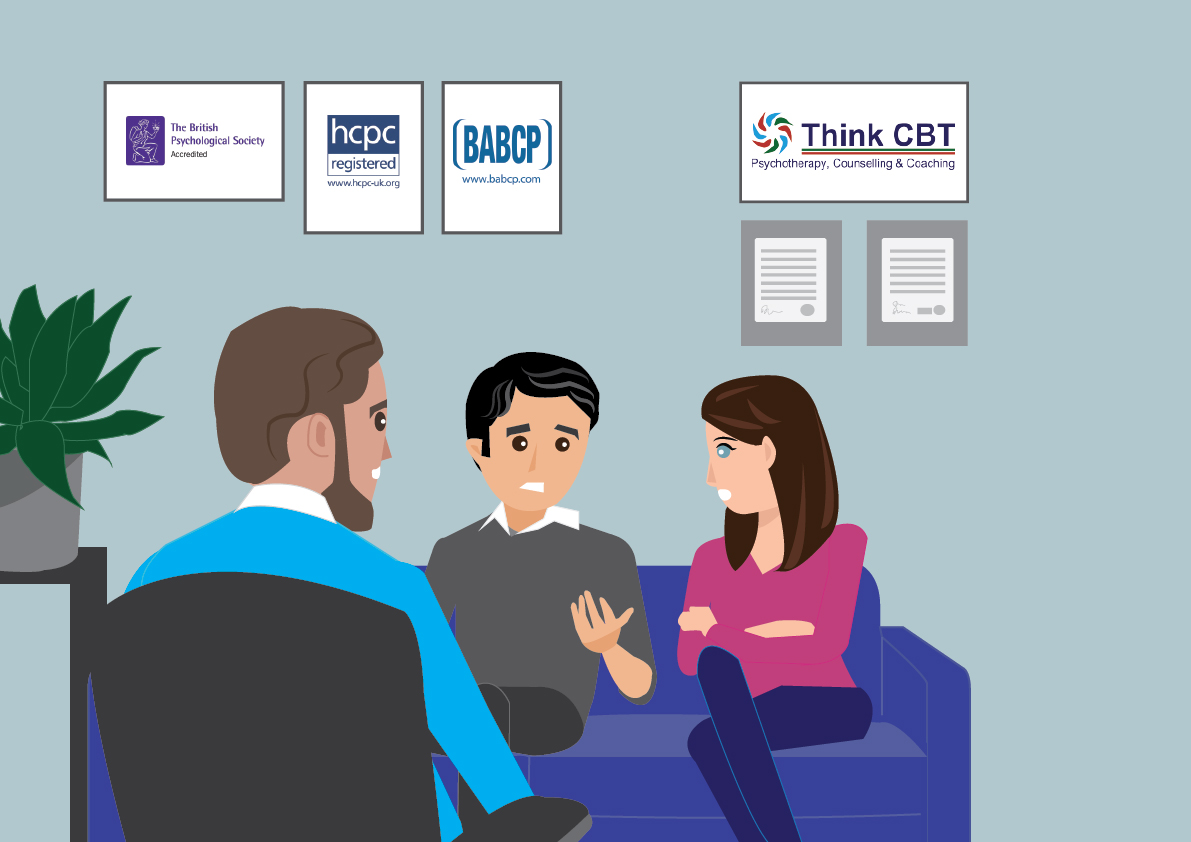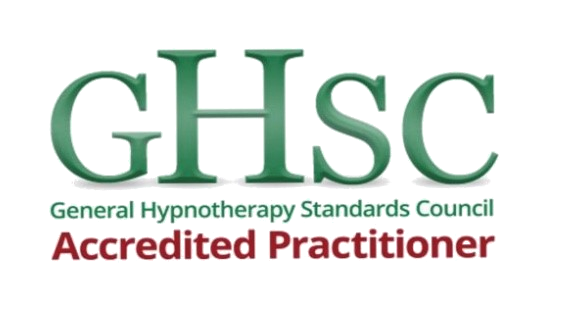Dialectical Behaviour Therapy – DBT in London, UK-wide and Online via Video-link

If you are looking for Dialectical Behaviour Therapy - DBT for emotional regulation problems, our team of BABCP-accredited specialists can help.
We provide Dialectical Behaviour Therapy – DBT from a number of clinics across the UK. We also provide DBT via video-link as an online therapy service. If you want to talk to an expert about Dialectical Behaviour Therapy, call 01732 808626 or email info@thinkcbt.com to organise an initial informal call before committing to therapy.
What is Dialectical Behaviour Therapy?
Dialectical Behaviour Therapy (DBT) is a special form of Cognitive Behavioural Therapy designed to support individuals experiencing mood and behavioural regulation problems. This includes Borderline Personality Disorder, Eating Disorders and individuals struggling with self-destructive, impulsive or addictive behaviours. DBT is a highly practical skills-based approach to therapy. It teaches people how to be present, cope more effectively with distress, regulate emotions and improve relationships with others.
DBT was developed in the 1980s by Dr Marsha Linehan originally for the treatment of Borderline Personality Disorder. Linehan’s clinical work demonstrated that the mainstream CBT model was less effective for reaching individuals with high emotional sensitivity, suicidality and self-harming behaviours. The DBT model incorporated a philosophical process known as Dialectics and developed this into a highly disciplined and skills-based approach to therapy.
Dialectical Behaviour Therapy is now the gold standard for individuals with emotional and behavioural regulation problems. It is supported by a significant field of empirical research and is offered both privately and via the NHS as a specialist form of Cognitive Behavioural Therapy. If you want to talk about DBT for yourself or a family member, email info@thinkcbt.com
How Does DBT Work?
Dialectical Behaviour Therapy works by combining three important and often opposing aspects of human experience. These are “Validation”, “Acceptance” and “Challenge”. In DBT, the therapist and client work together to validate and acknowledge the causes of emotional distress, whilst at the same time challenging unhealthy or destructive patterns of behaviour. The processes of validation and acceptance help to understand why individuals behave in an unhealthy or self-destructive way, whilst encouraging emotional resilience and behavioural change for the future.

DBT recognises that emotions are complex and that we can hold different and often opposing feelings at the same time. To illustrate this idea, we can feel hurt or angry towards a partner, whilst also feeling deep levels of love and commitment. This paradoxical difference between opposite feelings and behaviours is used to provide support to the client whilst encouraging a disciplined approach to change.
DBT is now an established psychological treatment protocol which normally involves group work, individual treatment and between session telephone or email communication with the therapist.
Whilst we do not provide DBT for groups, our approach has been adapted to incorporate the skills development and role play aspects of group work into regular DBT treatment sessions. These sessions are normally organised on a weekly or twice-weekly basis depending on client needs. We have also found it helpful to involve partners or close family members in sessions to support the process.
The DBT Process
The Dialectical Behaviour Therapy process involves four key areas of work. These are:
- Mindfulness Skills to improve focus of attention and develop present moment awareness.
- Distress tolerance skills to help prepare for and deal with intense emotional triggers and crises.
- Interpersonal Effectiveness to improve assertiveness, communication and listening skills.
- Emotional regulation skills to help identify, label and alter powerful emotional states.
Throughout the DBT process you will be encouraged to recognize your positive strengths and qualities. You will develop your capacity to acknowledge and tolerate strong emotions. You will learn to analyse and change problematic or destructive behaviours. You will learn how to identify and change unhelpful thinking patterns and how to communicate in a collaborative, assertive and receptive manner.
What Problems Can DBT Help With?
Dialectical behaviour Therapy was originally developed for use with BPD patients experiencing high levels of emotional turbulence, suicidal thinking and self-harming behaviours. Over the last 30 years, DBT has also been used as an effective treatment for ADHD, Bipolar Disorder, Eating Disorders, Major Depressive Disorder, PTSD and substance abuse.
If you want to talk to a DBT expert about starting a course of Dialectical Behaviour Therapy, you can email info@thinkcbt.com or complete the simple appointment form on this page.
DBT is a highly specialised form of Cognitive Behavioural Therapy and should normally be undertaken with the support of a qualified and accredited Cognitive Behavioural Psychotherapist or Psychologist with DBT training.
If you have found our page on DBT due to severe problems with emotional distress, suicidal thoughts or self-harming behaviours, you should immediately contact 111 for direct support before starting therapy.
Please note: We cannot provide an emergency service for individuals experiencing crisis. You can however find some helpful links to other organisations that provide crisis support by following this link - https://www.nhs.uk/using-the-nhs/nhs-services/mental-health-services/dealing-with-a-mental-health-crisis-or-emergency/









